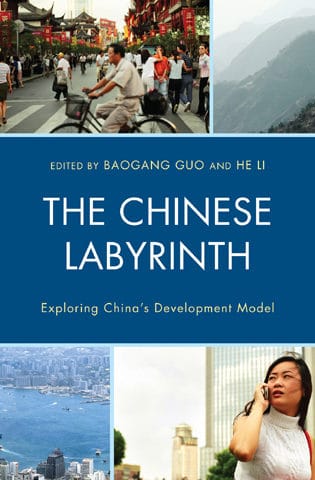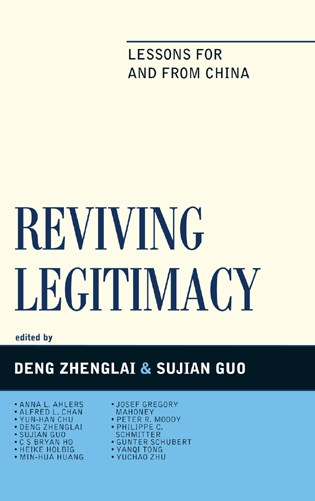
Author: Edited by Baogang Guo and He Li
Publisher: Lexington Books
Publication Date: Thu, 2011-12-01
The on-going debate on China’s development model presents a fascinating yet very different image of Chinese exceptionalism, an idea that is similar to American exceptionalism. Is China exceptionalism a myth or reality? Will modern China, born of Confucian creeds, be culturally, economically and politically distinct from Western industrialized nations in an age of globalization? Does the Confucian culture make any qualitative difference in China’s developmental path and her international behavior in dealing with other nations? Will China be something of a paradox? Will this claim of distinction be a double-edged sword that will eventually hunt China in its future development?
To decipher the complex Chinese labyrinth, this coedited book explores the development of a new social democracy, the Chinese vision of human rights and civil society, the asymmetry between economic and political development and the puzzle it presents, and the informal politics and Chinese innovation on governance and problem solving. We will also present a number of studies detailing innovations and systems that are distinctively Chinese, including innovations at local governances, the intriguing relationship between NGOs and the state, the grievance-addressing system (xinfang), and the co-existence of atheists and theists in China. As a multi-disciplinary research project, it attempts to shed some lights on these important questions.



